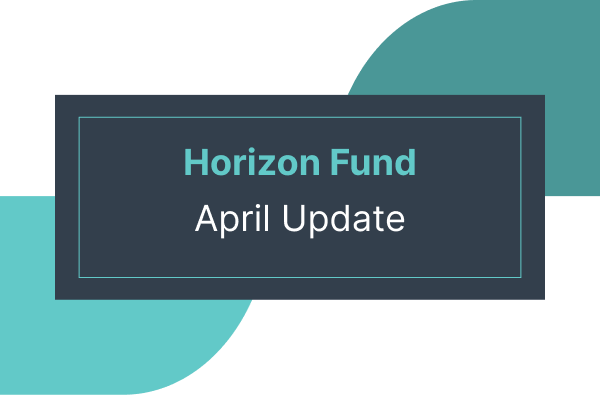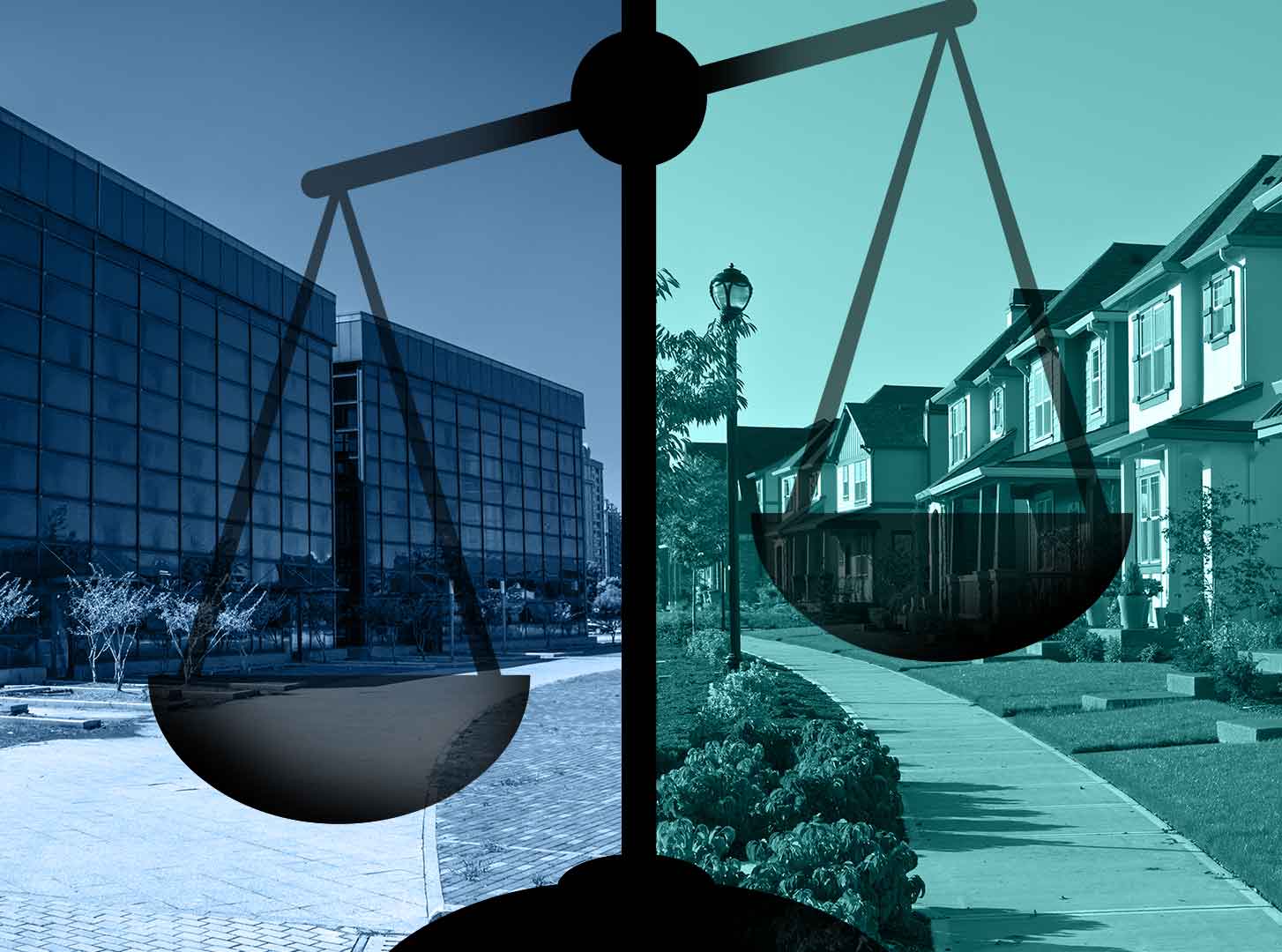March Investment Details
In the month of March, we saw:
- $19.533M in new investments across Upright offerings (Borrower-Dependent Notes, Pre-Funding Note Fund, and Horizon Residential Income Fund) at a WAVG rate of 10.56%.
- $1.863M in Horizon Fund investments
- Consistent Quarterly returns of over 10% with Q1 2024 returns to be published mid-May!
- $10.616M in BDN investments
- WAVG rate of 11.68%
- $7.054M in series note investments
- WAVG rate of 8.88%
- $1.863M in Horizon Fund investments
- 1,621 total investments
- Total of $3.206M in income to investors, including:
- $3.027M in interest
- $26,000 in late fees
- $153,000 in extension fees
Our accredited investors continue to invest in projects both at their inception, locking in current interest rates for as long a period as possible in case of potential rate reductions, and as draws are taken, including many that are at or near project completion, to minimize execution risk. These investments are split fairly equally between new construction, rehab, and bridge loans throughout all 36 states in which we originate. The Pre-Fund also continues to appeal to investors who appreciate the short-term project exposure, fixed maturity date, and perfect historical performance of the fund despite a lower interest rate. Lastly, we continue to see a growing appetite for the Horizon Fund due to the amplified diversification achieved through a conservative use of leverage that has allowed the Horizon portfolio to currently own $65.5M in gross loan amount. While $15,000 would grant an individual note investor exposure to three self-selected projects, a $15,000 investment into Horizon extends that diversification across 216 total loans! Conscientiously focused on diversification, the fund ended March with just 5 of these 216 mortgages late on payments. For a deeper dive into the Horizon Fund’s performance, check out our latest Quarterly Investors Report for Q4 2023. Also, look forward to the Q1 2024 results coming in mid-May!
March Performance
In March we originated 131 new construction, rehab and bridge loans, totaling more than $47.306M in origination volume. We also continue to ramp up our long-term mortgage product, not included in the figures below.

As of April 1, 13.51% of our total loan count was 31 days or more late on payments.

Our monthly origination volume has stabilized, except for an expected seasonal dip in January. We continue to adhere to conservative and calculated underwriting practices, which are reflected in the reduction of our overall book size shown in the chart—183 loans from January through March. Although we've originated about 4,200 loans totaling $1.5 billion since our portfolio peaked in Q2 2022, the current book has decreased by over 500 loans and more than $120 million in size.
This reduction, caused by performing loans repaying in under ten months on average, influences the perception of increasing delinquencies. The pace of performing loan payoffs has a disproportionate effect on the overall delinquency percentages as our portfolio of active loans contracts from the market peak in 2022. This leaves a small percentage of persistent delinquent loans, nearly 80% of which originated before Q2 2022, that we are actively working to resolve. Ignoring repaid loans, of the active mortgages that originated after Q2 2022, just 3.3% find themselves delinquent today. If you factor in loans that have been repaid, just 1.75% of loans originated since Q2 2022 are currently delinquent.
We take great pride in our delinquency management. We have maintained a principal recovery rate of over 99.7% since our inception.
How We Present Our Data
As you can see in the charts above, we show you the total count of delinquent loans. This is to remain transparent on our business performance and align with the Mortgage Bankers Association's (MBA) standard, published in its National Delinquency Survey (NDS), which is based on loan count. However, the MBA classifies delinquency as loans that are 60+ days late on payments, while we include the count of delinquent loans from 31+ days to again, remain transparent.
The NDS states:
The delinquency rates and foreclosure starts rate are seasonally adjusted to account for trends in the data that are caused by the time of the year. For example, delinquencies tend to increase from the first to fourth quarters, peaking in the fourth quarter, before falling in the first quarter of the next year and beginning the cycle again."
The data we share in our Performance Reports is not seasonally adjusted, but we feel it's pertinent to explain seasonal trends when applicable.
More Insight into Delinquencies
At Upright, managing delinquencies effectively remains a key focus. Our Servicing and Asset Management teams follow industry best practices to ensure rapid and comprehensive recovery. These strategies include proactive borrower relationship management, constant and thorough workout assessments by our loss mitigation team, immediate issuance of Notices of Default once a loan is two months past due on payments, and leverage of a third-party servicer and their robust network of foreclosure attorneys to optimize recovery timelines.
We are also enhancing our proprietary system to manage foreclosures and loss mitigation more efficiently, allowing us to share thorough delinquency updates to our investors at least monthly, if not throughout each month should critical updates arise.
As touched upon above, it is incredibly important to understand the nuances of delinquency rates in this asset class, given the short-term nature of our mortgages. While performing loans typically repay in under 10 months, resolving delinquent loans can take longer, often influenced by local court systems. Nationally, foreclosure processes average almost three years, though most states where we operate see closer to two years.
The fluctuating interest rate environment adds complexity for investors, prompting many to strategically time their market entries to maximize profits. Some delay selling their projects to benefit from peak market conditions, while others, such as build-or-fix-to-rent investors, postpone refinancing plans. This delay allows them to wait for improved property appraisals and potentially lower interest rates, aligning their actions with the peak buying season for optimal financial outcomes.
As an asset-based lender, we balance understanding our developers' challenges with our commitment to recover investors' principal as quickly as possible. If you have questions or feedback, please reach out to us at invest@upright.us. We're here to help and will respond promptly.
Log in to your account to browse all of our open offerings, including the Horizon Residential Income Fund!




